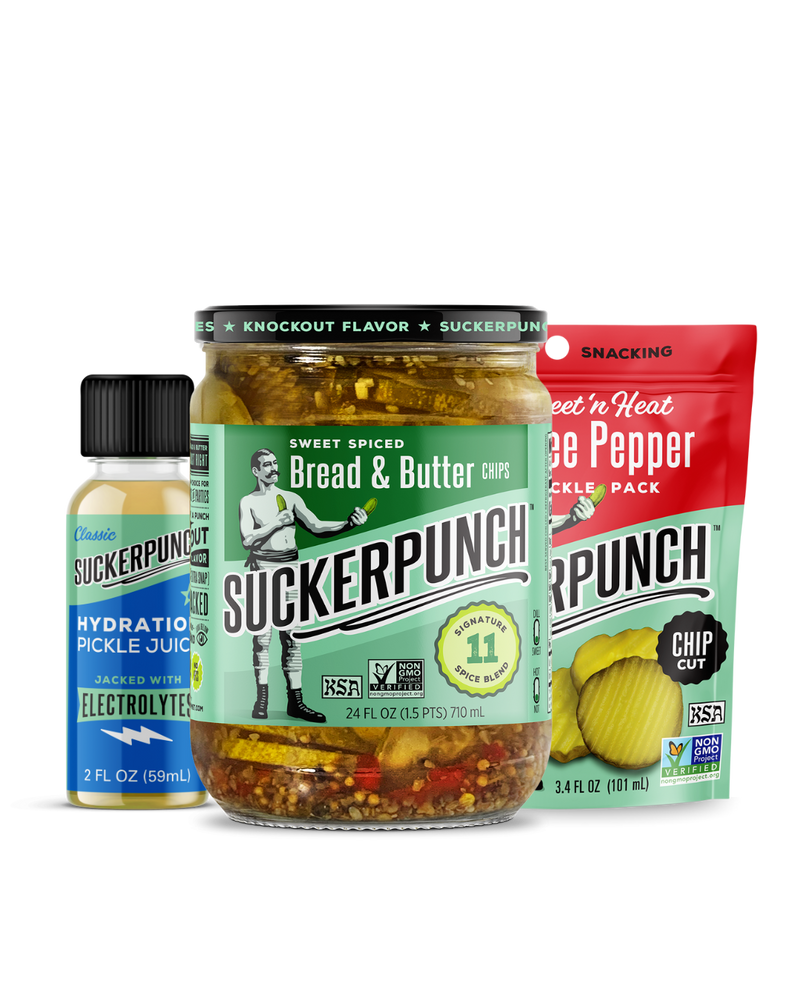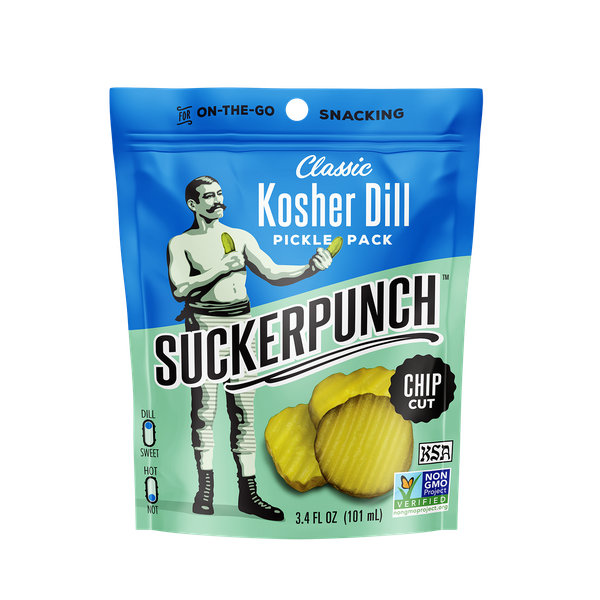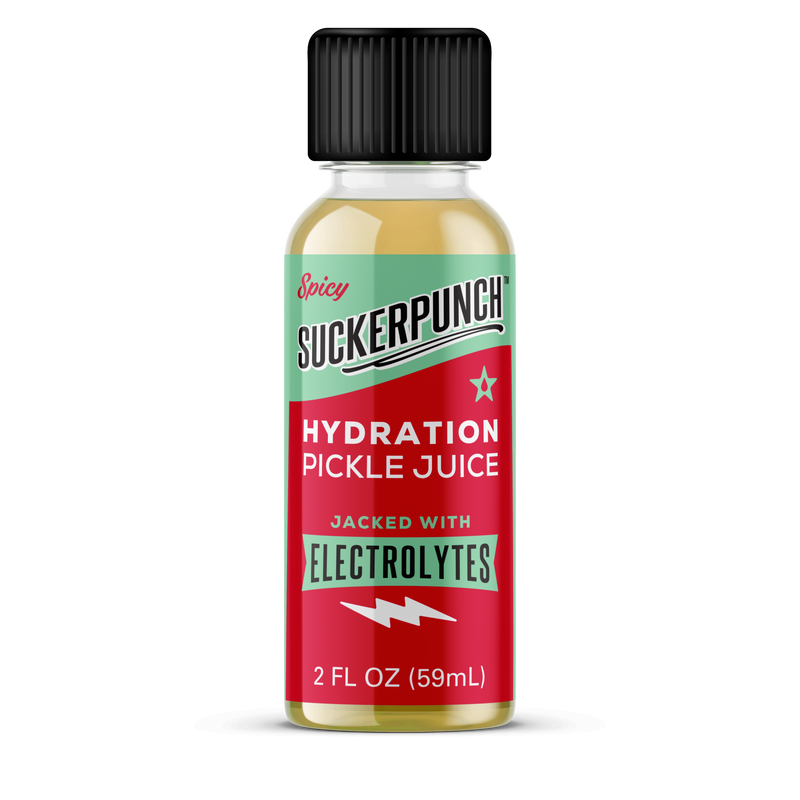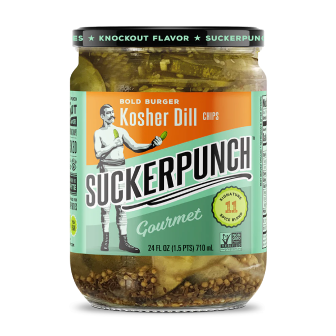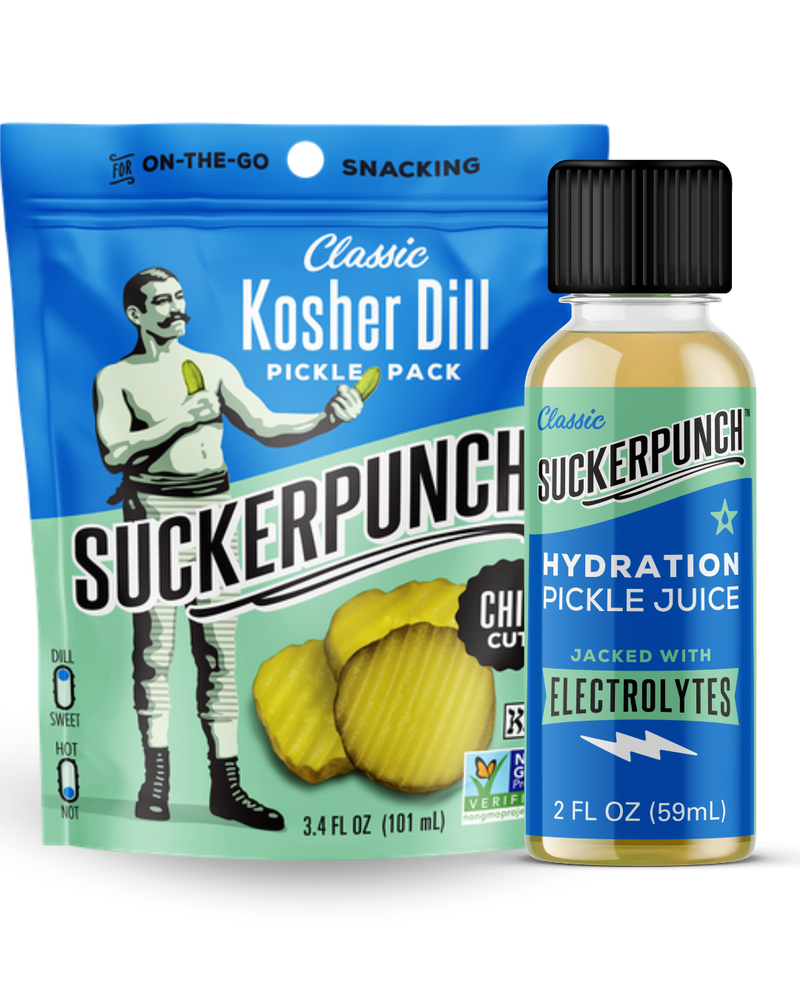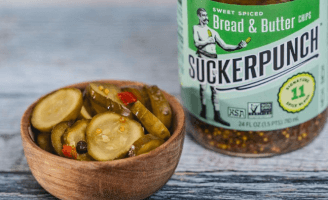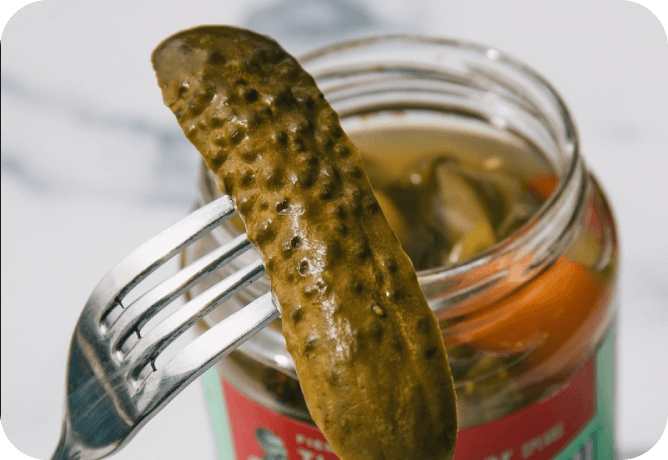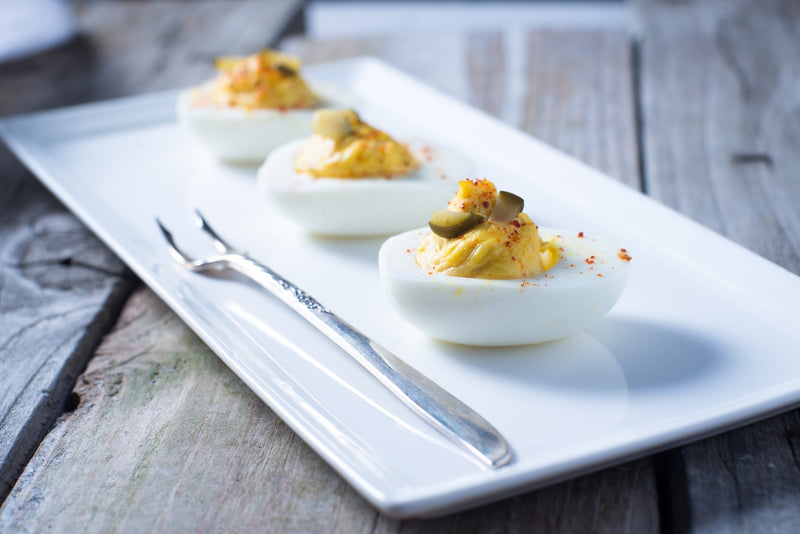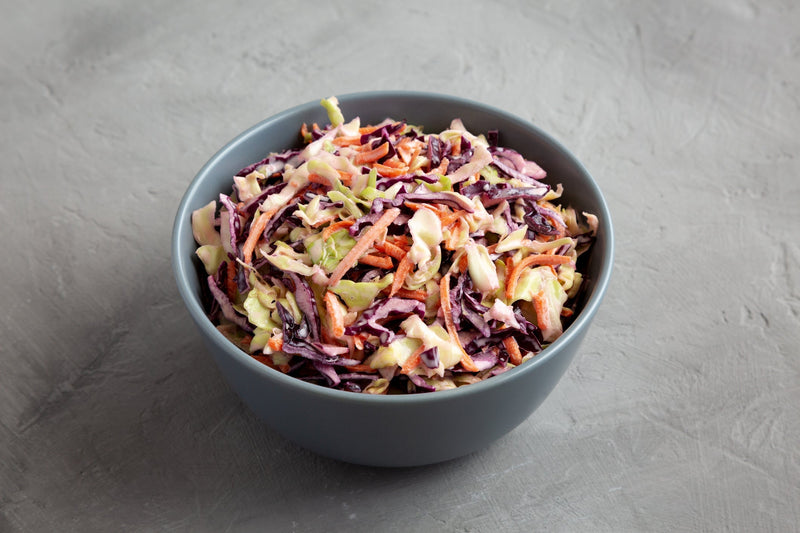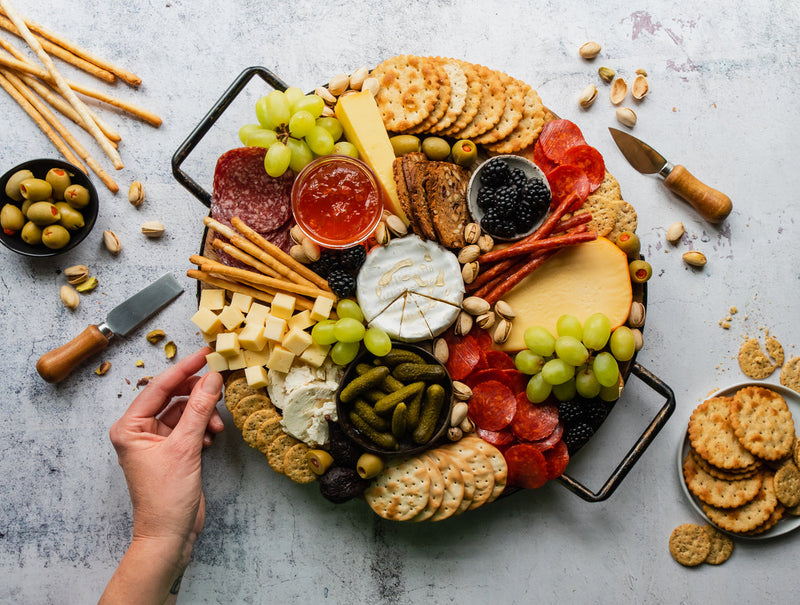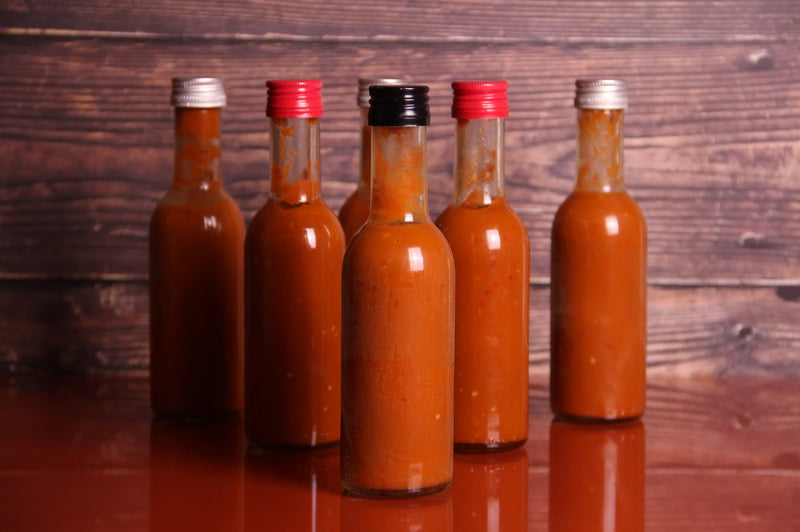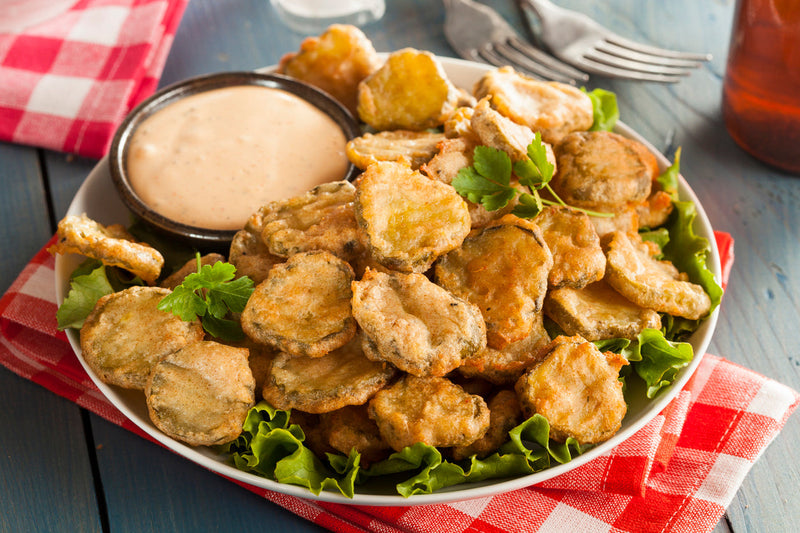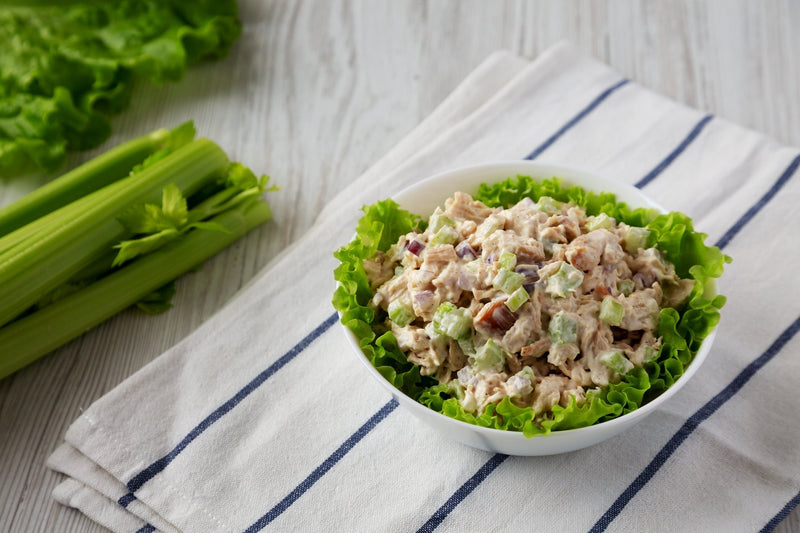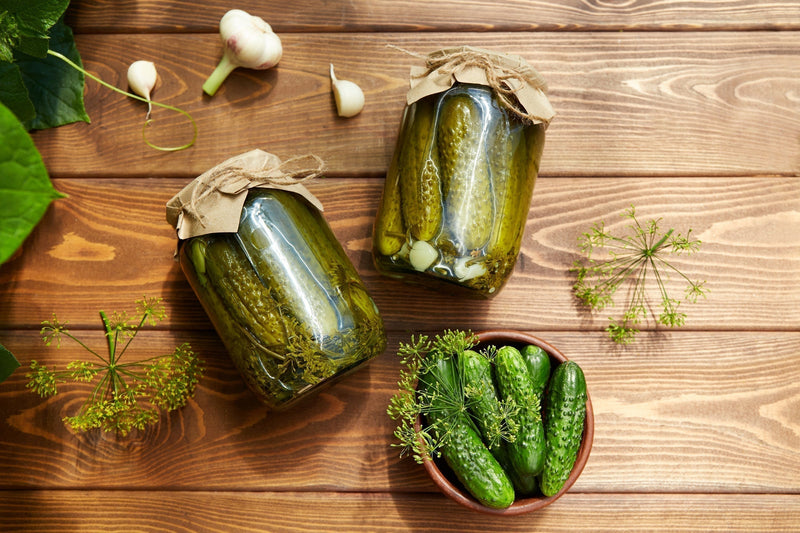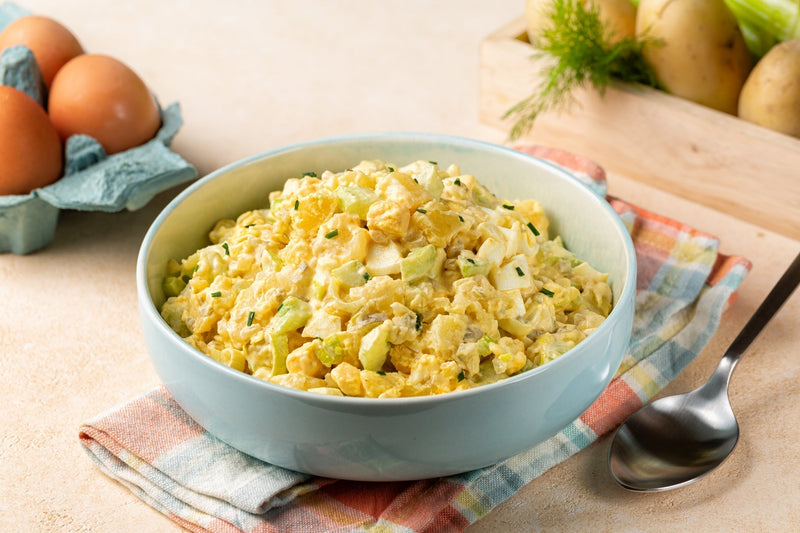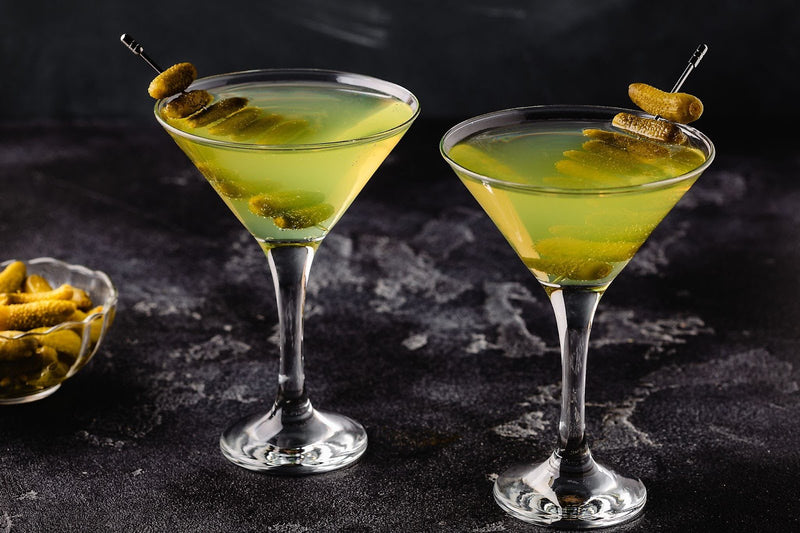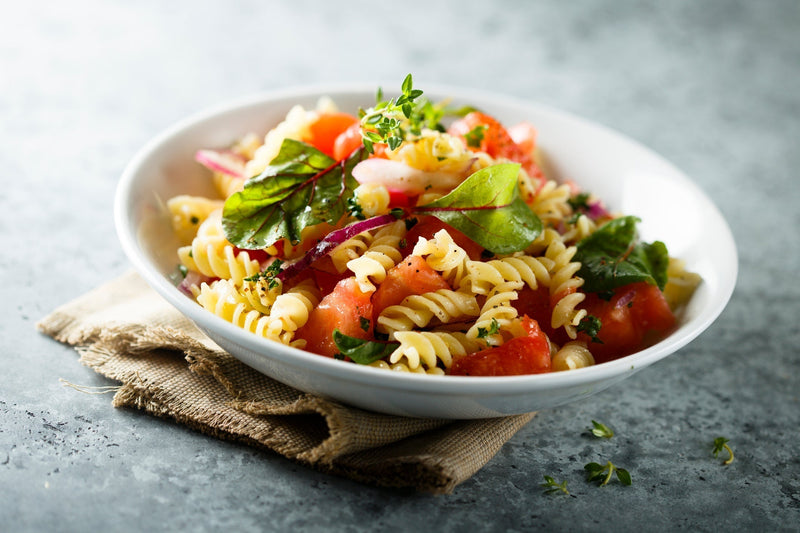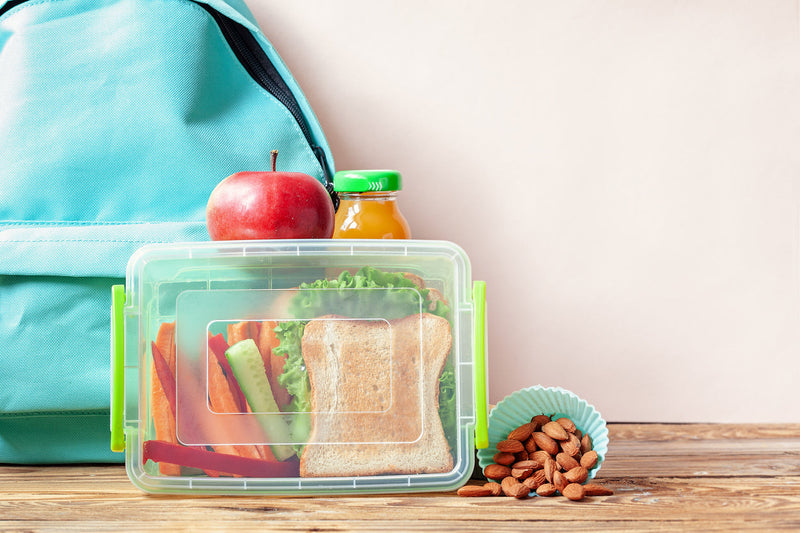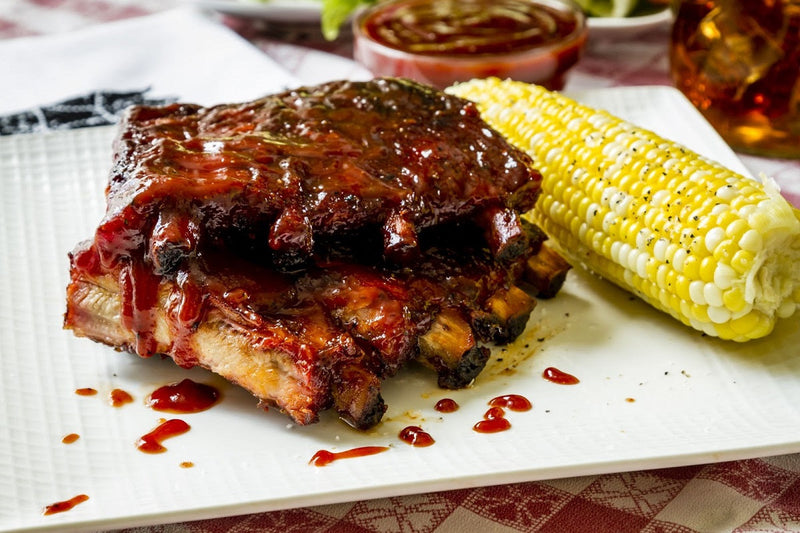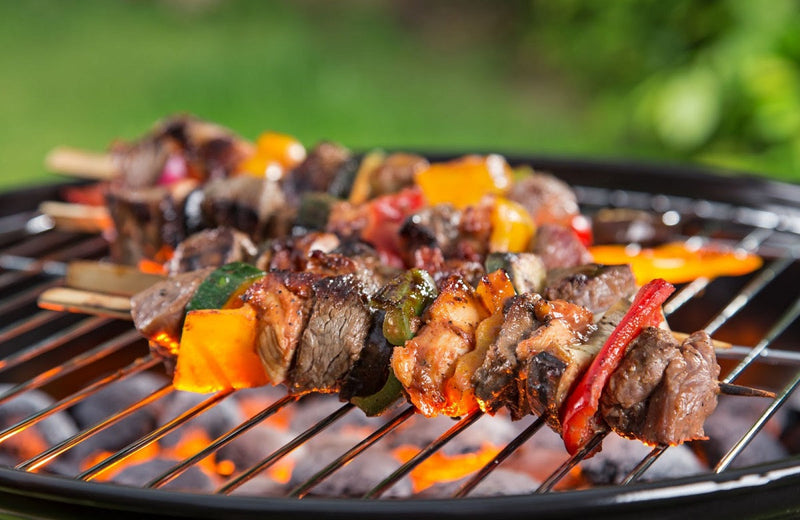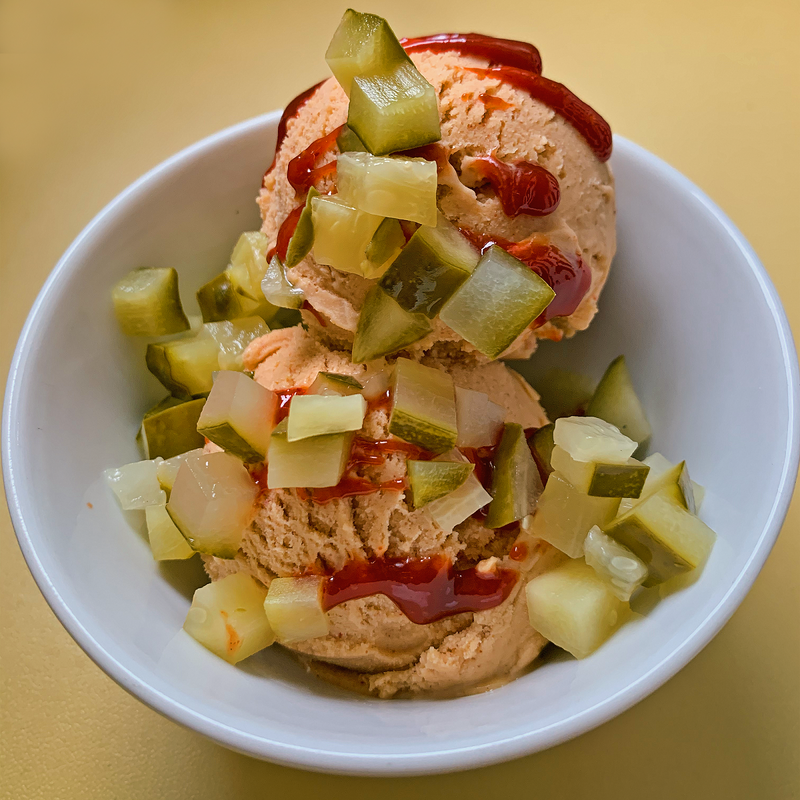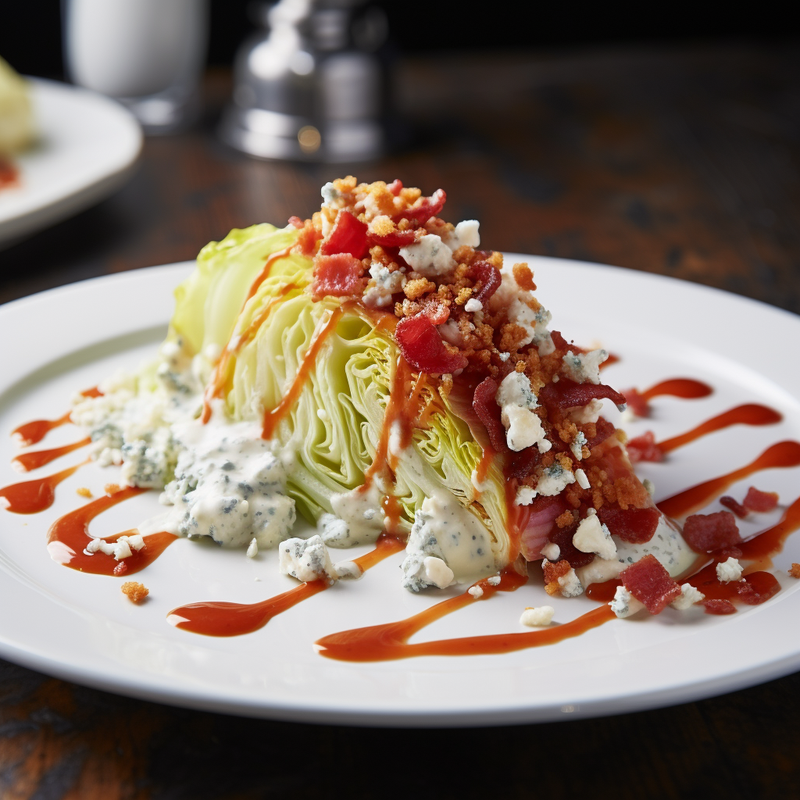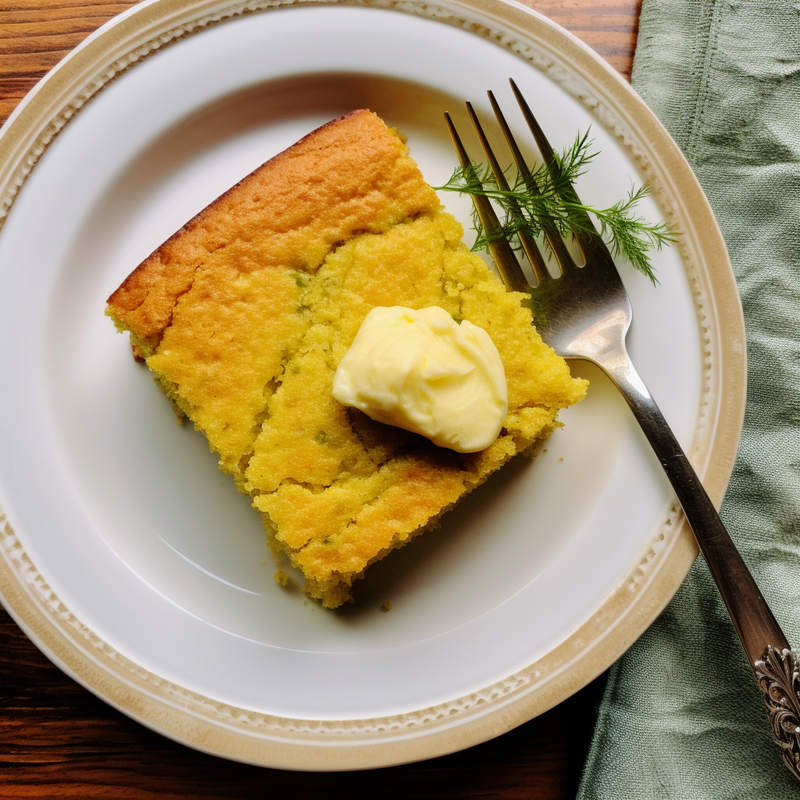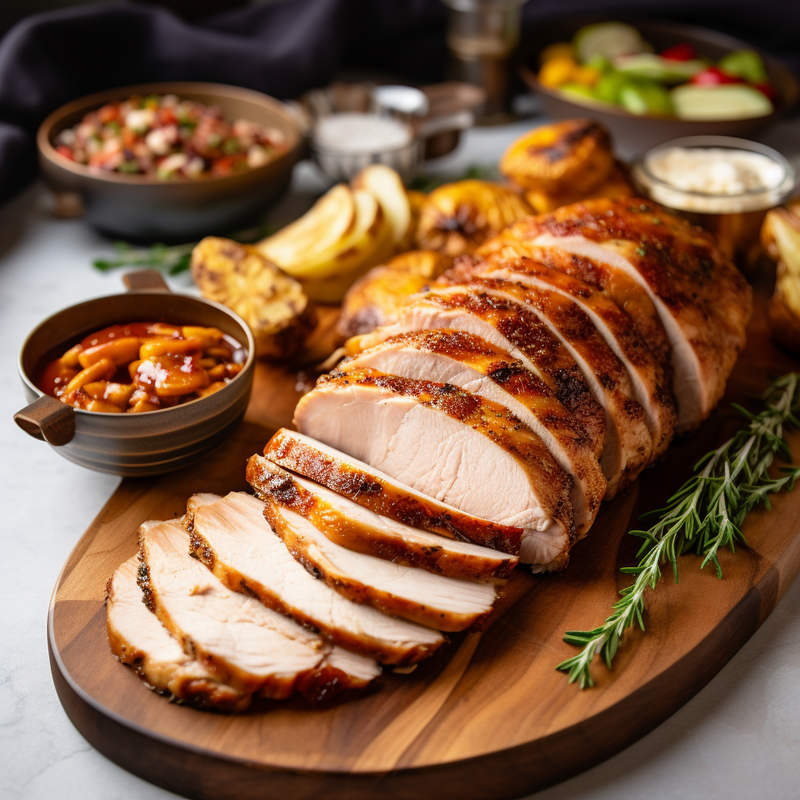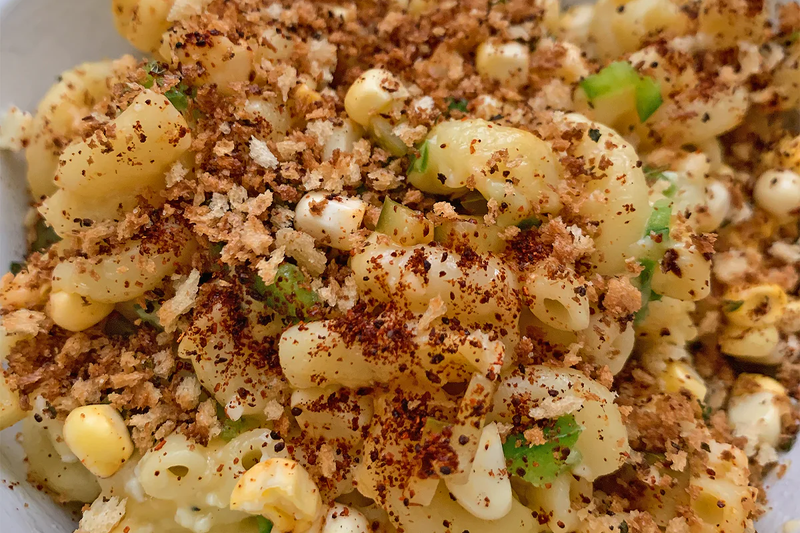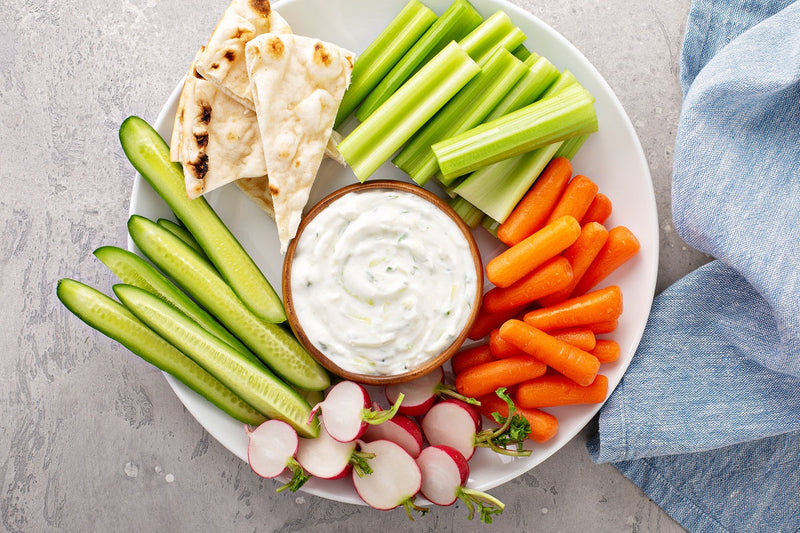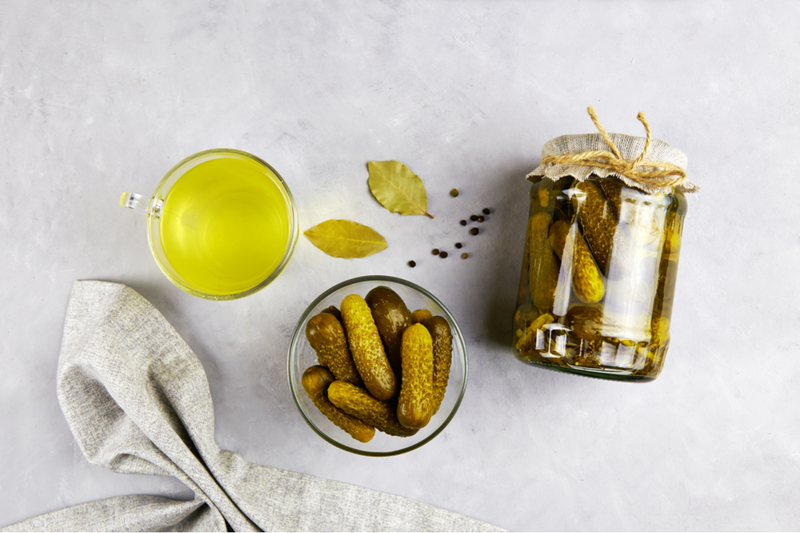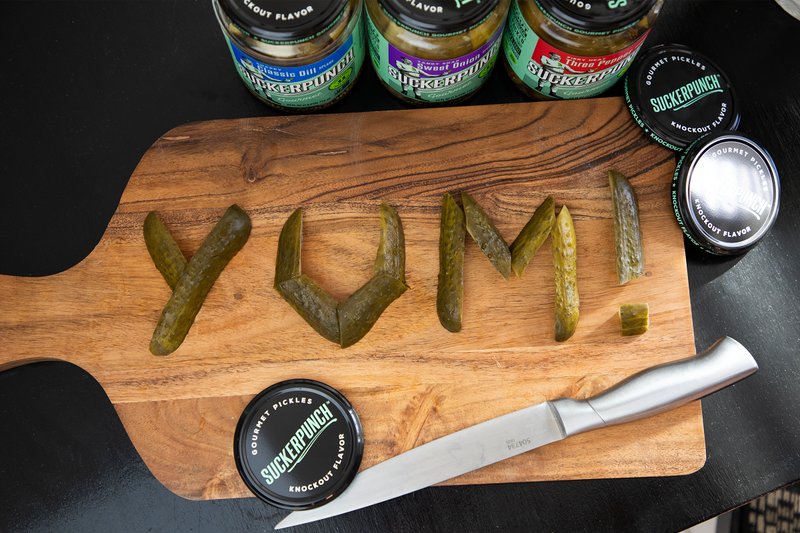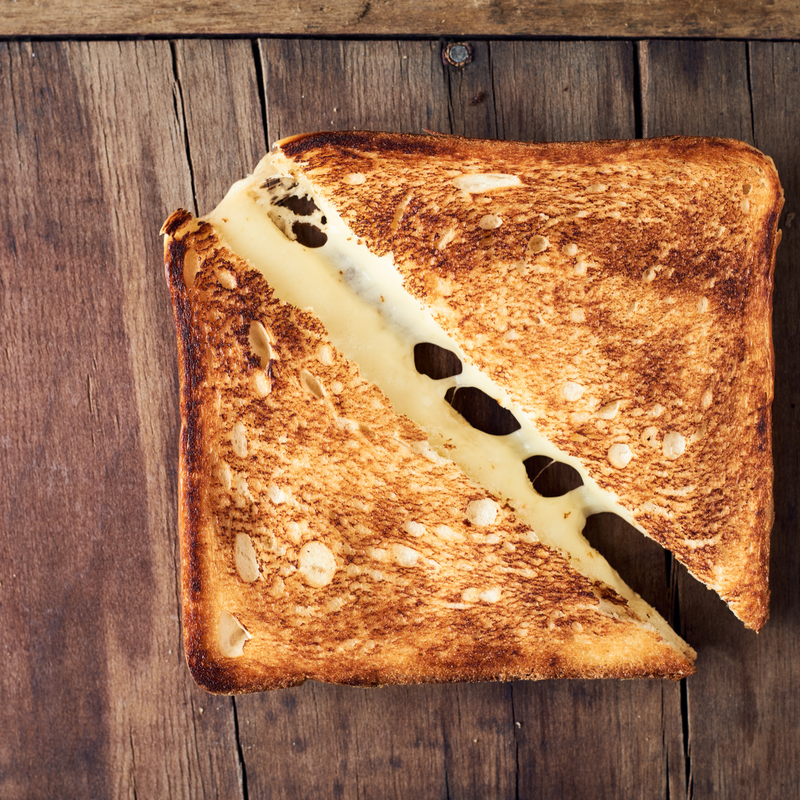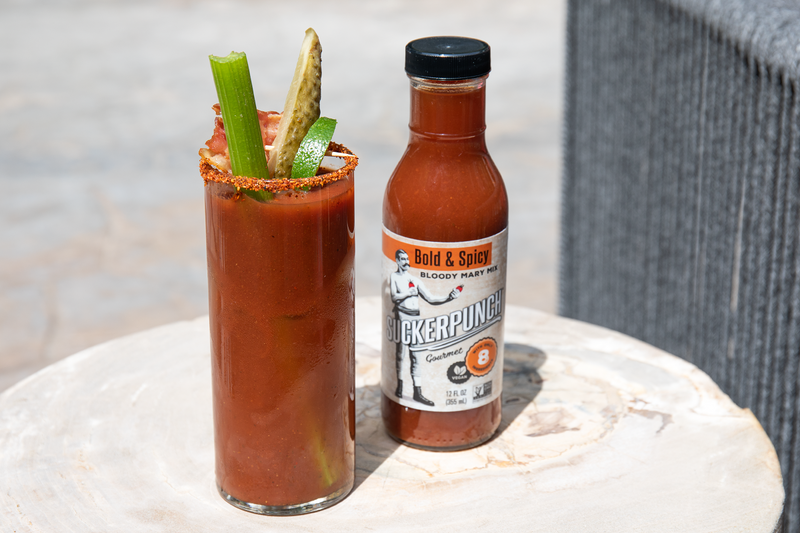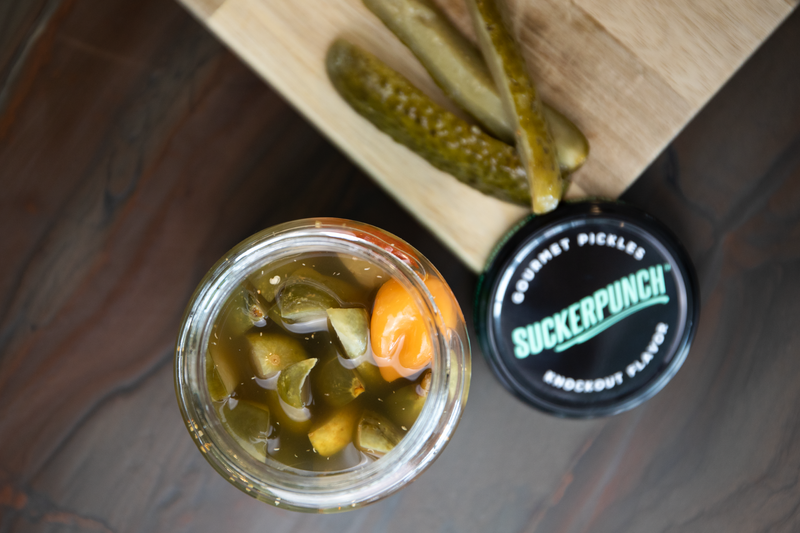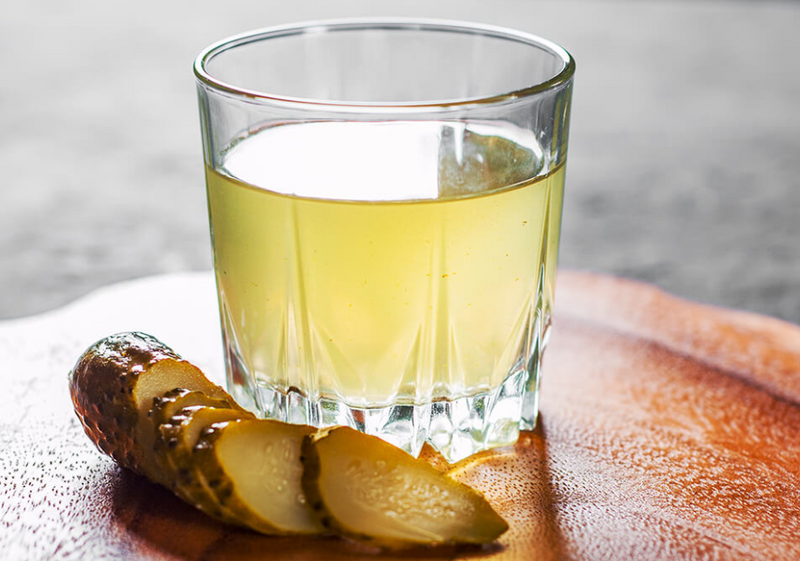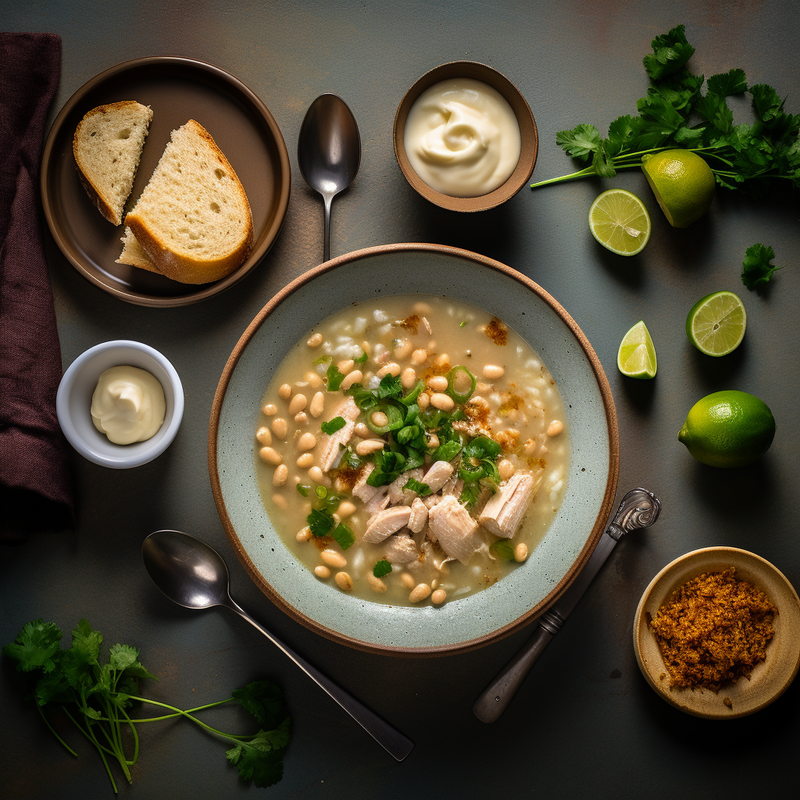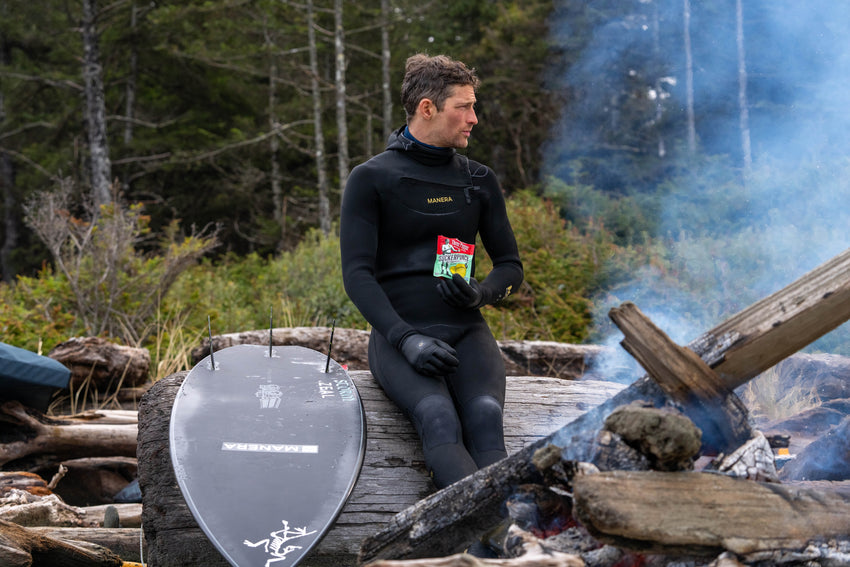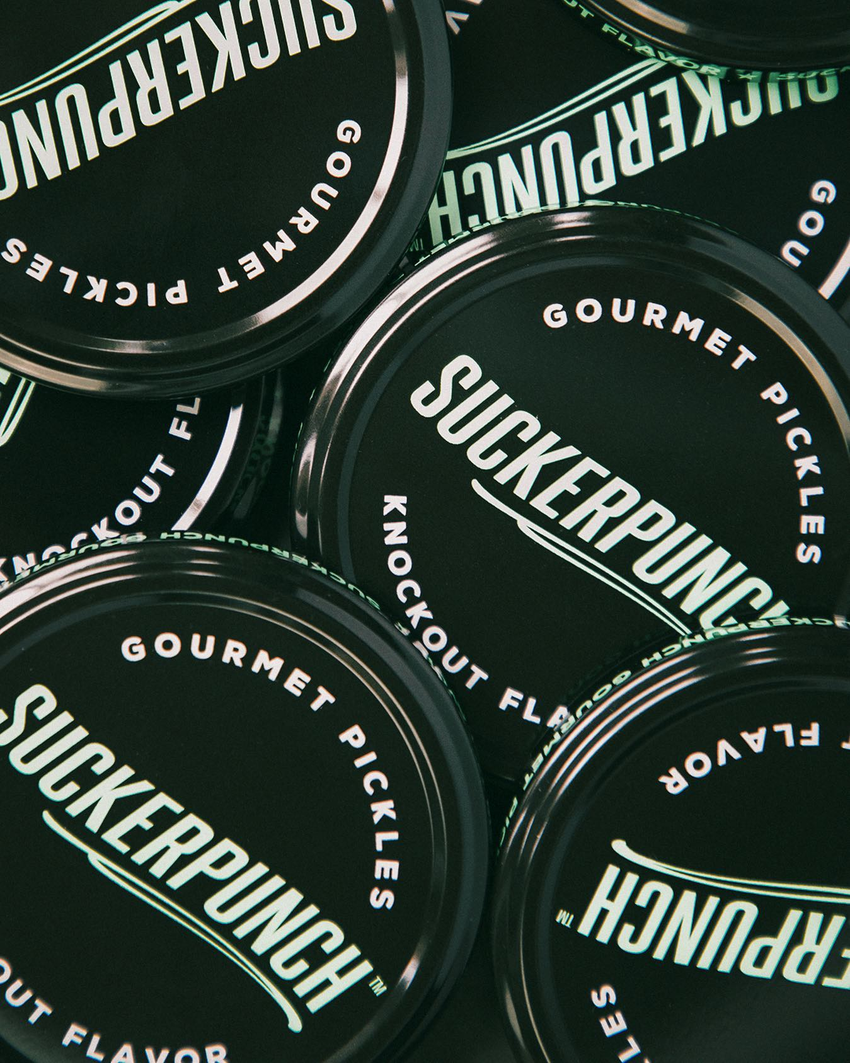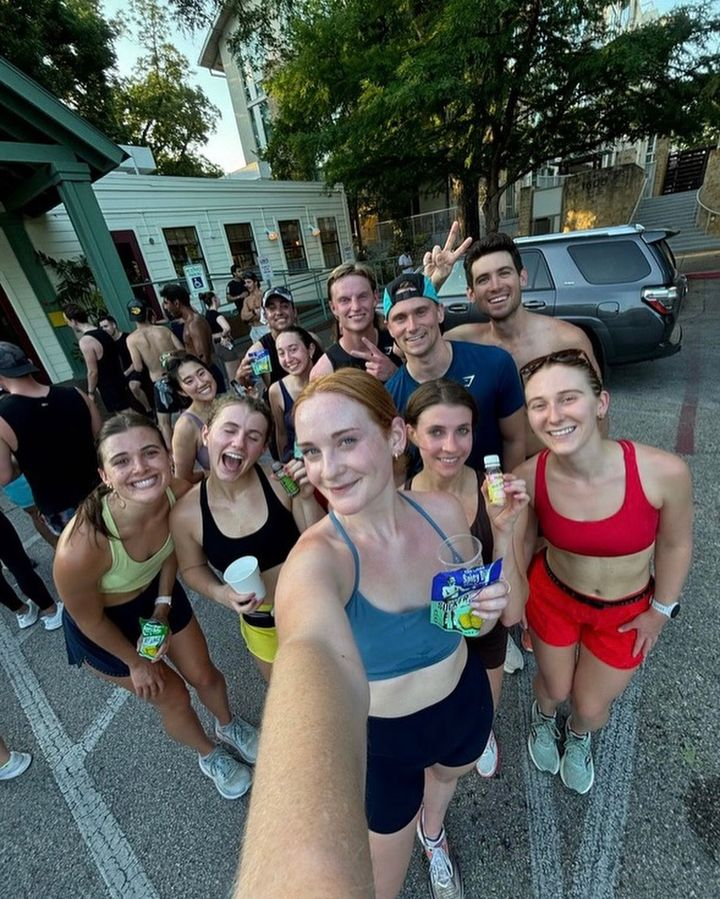
Does Pickle Juice Go Bad? Your Complete Guide to Pickle Brine Shelf Life
Ever stared at that jar of pickles in your fridge and wondered, "Does pickle juice go bad?" You're not alone! Whether you're a pickle juice sipper, a leftover pickle juice saver, or someone who just discovered the magical powers of pickle brine, understanding its shelf life is crucial for both food safety and flavor.
The Short Answer: Pickle juice can indeed go bad, but it's surprisingly resilient thanks to its high salt content and natural preservative properties. Let's dive into everything you need to know about keeping your precious pickle brine fresh, safe, and delicious.
What Makes Pickle Juice Last So Long?
Pickle juice is basically a powerhouse of natural preservation. The combination of vinegar, salt, and often apple cider vinegar creates an environment that's hostile to harmful bacteria, but friendly to your taste buds.
The Power of Shelf-Stable Pickle Juice
One of the biggest benefits of pickles is their long shelf life before opening. SuckerPunch pickles are fully shelf-stable for up to 2 years when stored in a cool, dark pantry. No need to refrigerate until after opening—making them incredibly convenient for stocking up, shipping, or stashing in your snack drawer.
Why is this such a big deal? Shelf-stable products offer:
-
Longer storage flexibility without relying on fridge space
-
Less spoilage and food waste
-
Great for travel, camping, or emergency kits
-
No rush to use them right away
This means you can enjoy the bold flavor and electrolyte-packed punch of our pickle brine whenever you're ready—without worrying about a ticking clock.
The Science Behind Pickle Brine Longevity
The magic happens thanks to these key ingredients:
-
Salt content: Acts as a natural preservative by drawing moisture out of bacteria
-
Vinegar: Creates an acidic environment that prevents spoilage
-
Low pH levels: Most harmful bacteria can't survive in highly acidic conditions
-
Fermentation byproducts: In naturally fermented pickles, beneficial bacteria crowd out the bad guys
This is why your jar of pickles can sit happily in your fridge for months, and why pickle juice has been used as a preservation method for thousands of years.
How Long Does Pickle Juice Last?
The shelf life of pickle juice depends on several factors, including whether it's been opened, how it's stored, and what type of pickles you're dealing with.
Unopened Pickle Jars
An unopened jar of store-bought pickles can last well beyond its expiration date when stored properly. Most commercial pickles have a shelf life of 1-2 years from the production date, but the pickle juice inside often remains good much longer due to its natural preservative properties. SuckerPunch Pickles are specially formulated and pasteurized to remain shelf-stable for up to two full years—no refrigeration needed.
Proper Pantry Storage for Unopened Jars
To make the most of that 2-year shelf life, keep your unopened pickle jars in a cool, dry place, away from direct sunlight or heat. A pantry or cupboard is perfect. Avoid temperature swings, which could impact the integrity of the brine.
Opened Pickle Jars and Juice
Once you crack open that jar, the clock starts ticking—but not as fast as you might think:
|
Pickle Type |
Refrigerated Shelf Life |
Storage Tips |
|
Up to 3 months |
Keep pickles submerged in brine, store at 34-40°F |
|
|
Up to 2 weeks |
Refrigerate after opening |
|
|
2 hours (or 2 days refrigerated) |
Consume quickly once opened |
|
|
Homemade Pickle Juice |
1-2 months |
Depends on ingredients and prep method |
Storage for Opened Jars
Never leave opened pickle juice at room temperature for extended periods. While the acidic environment provides some protection, harmful bacteria can still multiply when temperatures rise above 40°F. Always refrigerate your opened pickle products!
Signs Your Pickle Juice Has Gone Bad

Even the mighty pickle brine isn't invincible. Here are the obvious signs of spoilage to watch for:
Visual Red Flags
-
Cloudiness: While some natural cloudiness is normal in fermented pickles, sudden or dramatic changes can indicate spoilage
-
Mold growth: Any fuzzy growth on the surface is a definite no-go
-
Color changes: Dramatic shifts in color, especially darkening, can signal deterioration
-
Sediment: Excessive settling that wasn't there before
Smell and Taste Tests
-
Off odors: Trust your nose—if it smells funky, sour in a bad way, or just "wrong," toss it
-
Strange taste: Pickle juice should be tangy and briny, not bitter or metallic
-
Fizzy texture: Unexpected carbonation in non-fermented pickles indicates unwanted bacterial activity
Storage Tips to Maximize Pickle Juice Shelf Life
Want to keep your pickle brine in peak condition? Follow these pro tips:
Refrigeration is Key
Always store opened pickle jars in the main section of your refrigerator, not the door. The door experiences temperature fluctuations every time you open the fridge, which can accelerate spoilage.
Keep It Clean
-
Use clean utensils when fishing out pickles
-
Never double-dip or introduce contaminated items
-
Wipe the jar rim clean before replacing the lid
Submerge Those Pickles
Make sure your remaining pickles stay fully submerged in the brine. Exposed pickles can develop mold and contaminate the entire jar.
Temperature Control
Maintain consistent cold temperatures between 34-40°F. Invest in a refrigerator thermometer if you're unsure about your fridge's performance.
Creative Ways to Use Leftover Pickle Juice
Before you even think about tossing that liquid gold, consider these fantastic uses for leftover pickle juice:
Cooking and Recipes
-
Potato salad: Add tang and depth to your next potato salad
-
Soup recipe: Enhance flavor in vegetable or chicken soups
-
Pickle Martini: Create the perfect tangy twist on your favorite cocktail
-
Barbecue Sauce: Elevate your grilling game with this smoky-sweet combo
Health and Wellness
-
Muscle cramps: The electrolytes can help prevent and relieve cramps
-
Hydration: Natural electrolyte replacement after workouts
-
Digestive aid: The probiotics in fermented pickle juice support gut health
Around the House
-
Natural cleaning: The acidity can help tackle certain cleaning tasks
-
Garden helper: Some gardeners use diluted pickle juice to adjust soil pH
Store-Bought vs. Homemade: What's the Difference?

Store-Bought Pickles & Juice
Shelf Life: 1-2 years unopened, 2-3 months opened and refrigerated
Store-bought pickles typically use a vinegar-based brine that's been pasteurized, giving them a longer shelf life but fewer probiotics. These products often contain preservatives that extend their life even further.
With SuckerPunch Pickles, you’re getting a reliably shelf-stable product that doesn’t need refrigeration until you open it—perfect for convenience and longevity.
Best For: Convenience, consistent flavor, longer storage, and recipes that need reliable taste profiles like potato salad or cocktail mixers.
Fresh Pickle and Homemade Brine
Shelf Life: 1-2 months refrigerated
If you're making your own pickles or quick pickle recipes, your brine won't last as long as commercial versions. However, homemade pickle juice often has more complex flavors and may contain beneficial probiotics if naturally fermented.
Best For: Custom flavor profiles, fresh taste, probiotic benefits, and when you want complete control over ingredients and salt content.
Food Safety First: When in Doubt, Toss It Out
While pickle juice is remarkably shelf-stable, food safety should always be your top priority. If you notice any signs of spoilage or if your pickle juice has been stored improperly, don't risk it.
High-Risk Situations
-
Jar left at room temperature overnight
-
Visible mold anywhere in the jar
-
Dramatically changed smell or appearance
-
Past the recommended timeframes, even if it looks okay
Remember, the high salt content and vinegar in pickle juice provide natural preservation, but they're not foolproof against all forms of contamination.
The SuckerPunch Difference: Quality That Lasts
When you choose SuckerPunch Pickles, you're getting more than just great taste—you're getting quality that's built to last. Our careful production process and premium ingredients mean you can trust our shelf life recommendations and enjoy every drop of that delicious brine. And with up to 2 years of shelf stability before opening, you can keep our pickles and juice on hand without taking up fridge space or stressing over expiration dates. That’s pickle power that works for your lifestyle.
Whether you're sipping our pickle juice hydration shots after a workout, adding our classic dill pickle juice to your next recipe, or just enjoying the tangy goodness straight from the jar, you can count on SuckerPunch for consistent quality and safety.
Bottom Line: Pickle Juice Longevity

Does pickle juice go bad? Yes, eventually—but with proper storage and handling, it can last much longer than you might expect. The combination of salt, vinegar, and natural preservative properties makes pickle brine remarkably resilient.
Quick Recap:
-
Unopened jars: Can last 1-2 years or more
-
Opened SuckerPunch jars: Up to 3 months when properly refrigerated
-
SuckerPunch shooters: Best within 2 weeks of opening
-
Always refrigerate: Keep at 34-40°F for best results
-
Watch for spoilage signs: When in doubt, throw it out
Next time you're savoring that last pickle and eyeing the remaining brine, you'll know exactly how long you can safely enjoy every tangy drop. And if you're looking for pickle juice that's crafted to last and taste incredible, SuckerPunch has got you covered.
Ready to stock up on pickle perfection? Grab some SuckerPunch products and never worry about running out of that liquid gold again. Your taste buds will thank you!

